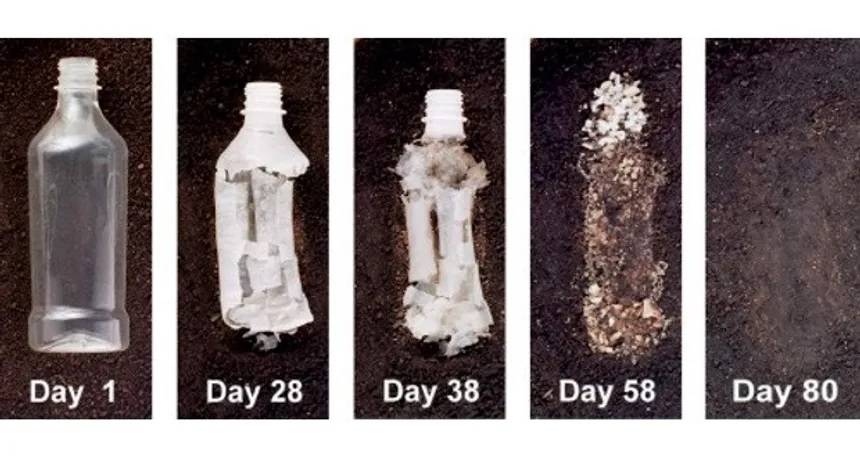Renewables like solar and wind always seemed a spook to me. Particularly solar. Those panels have a shelf-life (20-30 years) and most of them don't get recycled or are more expensive to recycle so they just end up in landfills where they potentially leach toxic crap like lead and cadmium into our groundwater and soils. Not to mention that they're heavily dependent on things like batteries and, well, as a result things like lithium that are not a renewable resource, nor are a lot of the rare metals and elements used. Wind is better but isn't consistently reliable and has a similar battery dependence issue, if I'm not mistaken.
In contrast, biofuels, if made cheap and efficient enough, can quite easily take over the current fossil fuel infrastructure with simply some retrofitting while being reliable all year round in a similar manner. Plant matter in general really feels like the answer from plant-based plastics to things like hemp-steel:

Yet this stuff doesn't get half the R&D solar and wind do. Almost feels like the gaalo are chasing bum solutions to fossil fuels on purpose. What do you guys think?

